Resources
Management
Restoration and revegetation in Brisbane
The South East Queensland (SEQ) Ecological Restoration Framework provides a regional standard for undertaking restoration projects, both large and small. The framework applies to developers, community groups, people with covenants on their land to undertake restoration works, and private landholders looking at undertaking revegetation.
Ecological restoration projects delivered under the framework will:
- conserve and enhance biodiversity through increasing the extent and improving the condition of native vegetation
- ensure long-term environmental and economic sustainability
- ensure ongoing improvement and maintenance of ecosystem services
The framework comprises three key documents to guide delivery of vegetation/ecological works:
-
SEQERF Code of Practice - a policy document providing a head of power for the subsequent Guidelines and Manual. The Code of Practice reflects the SEQ policy environments where it is to be housed
-
SEQERF Guidelines - a decision making tool to guide users to the most appropriate course of action in their project. This document guides application of the policy and links to current best practice and examples demonstrated in the manual element.
-
SEQERF Manual - a technical but easy to use guide to all aspects of ecological restoration. This document is reflect of current best practice, and provides the minimum acceptable solutions to ecological restoration.

Queensland State Government Weed Control Laws
https://www.business.qld.gov.au/industries/farms-fishing-forestry/agriculture/land-management/health-pests-weeds-diseases/weeds-diseases/controlling-weeds/laws
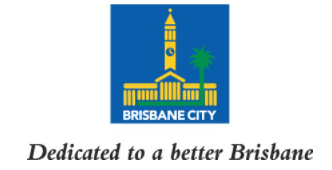
Vegetation and the local law
Brisbane City Council's Natural Assets Local Law 2003 (NALL) helps to protect our natural assets, including bushland areas, wetlands, waterway corridors and trees in urban areas. The NALL also allows better management of the impacts of weeds and hazardous vegetation.
https://www.brisbane.qld.gov.au/laws-and-permits/laws-and-permits-for-residents/vegetation-and-the-local-law

Impact of Weeds in Queensland
https://www.daf.qld.gov.au/business-priorities/biosecurity/invasive-plants-animals/plants-weeds#:~:text=Weeds%20cost%20Queensland%20an%20estimated,and%20human%20and%20animal%20health.

Controlling Weeds On Your Property
https://www.business.qld.gov.au/industries/farms-fishing-forestry/agriculture/land-management/health-pests-weeds-diseases/weeds-diseases/controlling-weeds

Coastcare
https://landcareaustralia.org.au/coastcare/

Weeds of Australia Identification Tool
https://weeds.org.au/identify/

Australian National Herbarium
http://www.anbg.gov.au/cpbr

Council of Heads of Australasian Herbaria
http://www.anbg.gov.au/chah/resources/herbaria/bri.html

Weeds Australia
http://www.environment.gov.au/biodiversity/invasive/weeds/

Australian Native Plant Society (Australia)
http://anpsa.org.au/

Department of Agriculture, Fisheries and Forestry
http://www.agriculture.gov.au/
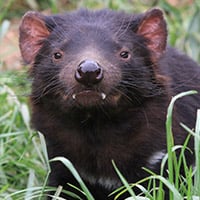
Department of Natural Resources and Environment Tasmania
https://nre.tas.gov.au/

National Land Care Program
http://www.nrm.gov.au/

Grow Me Instead
A guide suggesting plants with similar looks and form but without the invasive tendencies.
https://www.growmeinstead.com.au/
General Weed Information
Other weed information
Weed Identification
To assist with the identification of invasive plant species
Weed research
Below are a series of links to leading areas of weed research and extension.

Queensland Department of Agriculture and Fisheries
https://www.daf.qld.gov.au/business-priorities/biosecurity/invasive-plants-animals/plants-weeds
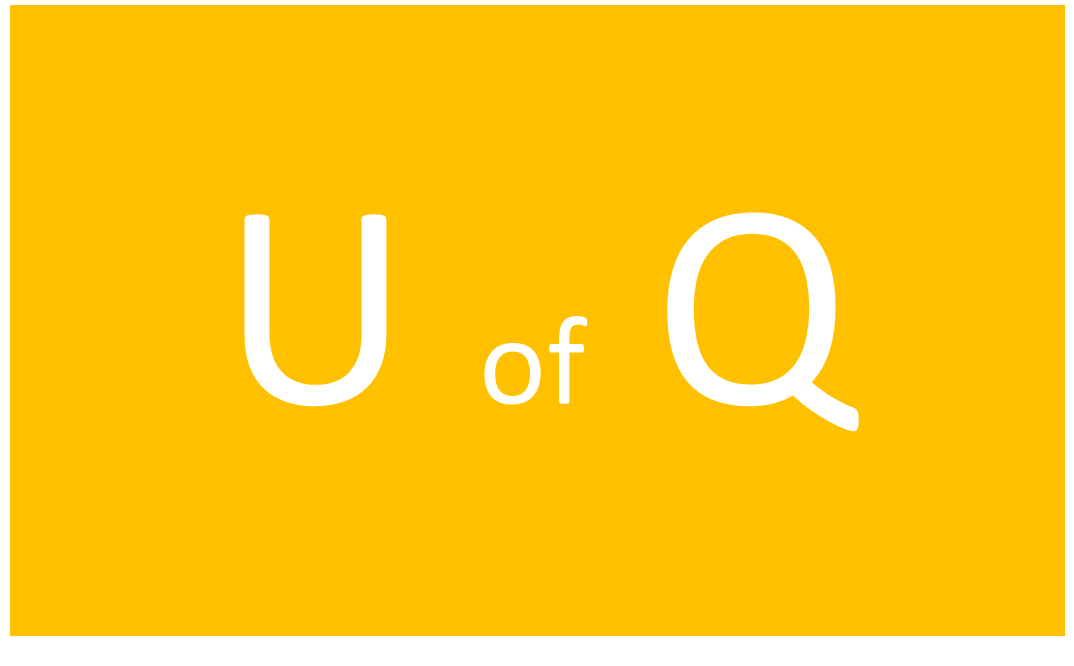
University of Queensland Tropical & Subtropical Weeds Research
http://www.weeds.uq.edu.au/index.htm
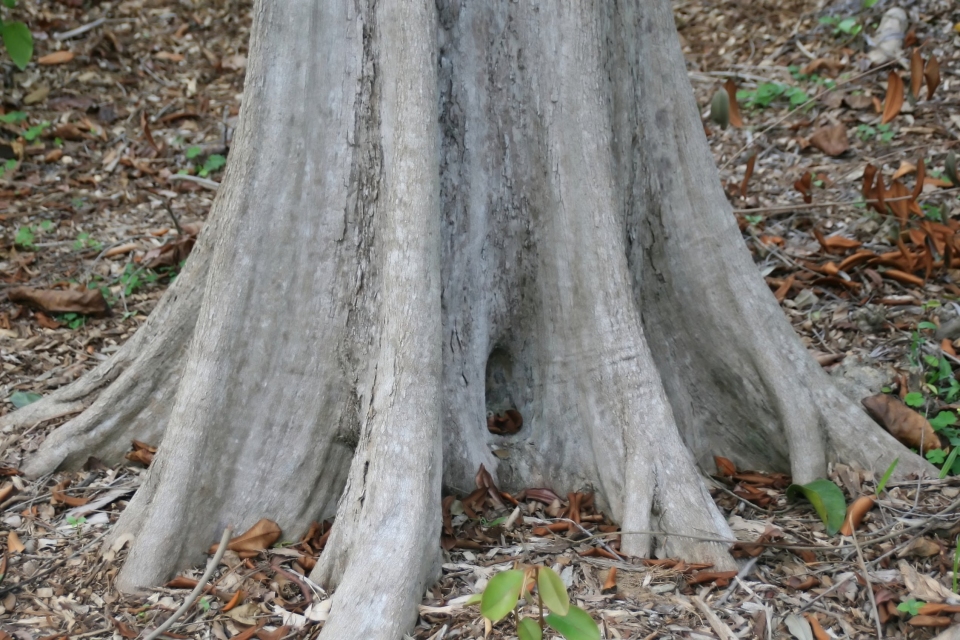
CSIRO Weed Research
http://www.csiro.au/en/Research/Animals-and-plants/Managing-pests-and-weeds
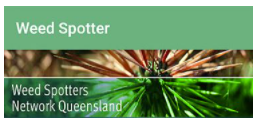
Weed Spotters Network Queensland
https://www.qld.gov.au/environment/plants-animals/plants/herbarium/weed-spotters
